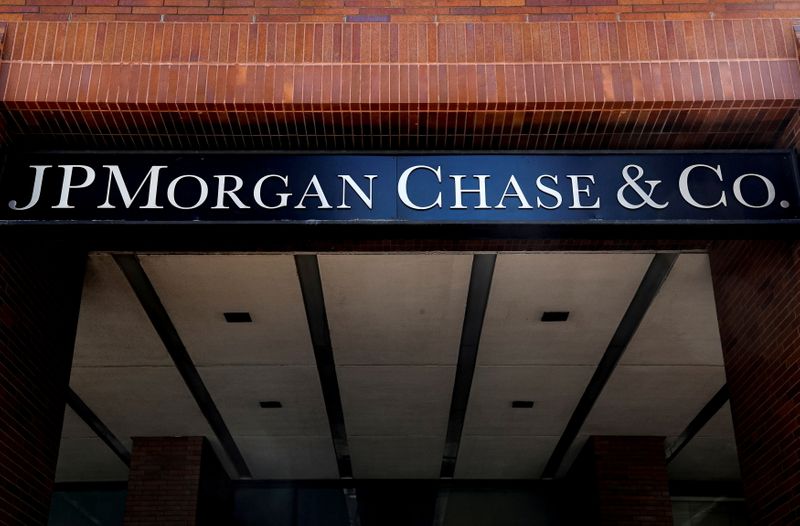US stock futures dip as Trump’s firing of Cook sparks Fed independence fears
Investing.com -- According to a report from JPMorgan on Friday, the economic benefits of high-skilled immigration are even greater than previously thought.
The bank said its analysts found that the positive effects of immigration on long-term economic growth increase significantly when a greater share of immigrants have higher education levels.
"The growth effects of high-skilled immigration are larger," said JPMorgan, reinforcing the idea that attracting skilled workers is crucial for economic expansion.
Many developed nations are already facing the challenge of shrinking working-age populations, which puts pressure on government budgets and pension systems, said the bank.
While cutting entitlements or raising taxes are potential solutions, JPMorgan believes increasing high-skilled immigration is a more effective way to address these fiscal concerns.
"As stress grows, raising high-skilled immigration is likely to be seen as an attractive way of reducing that cost," the bank noted.
The firm highlighted data from the OECD that shows countries in the Anglosphere—such as the U.S., Canada, the UK, and Australia—have been particularly successful in attracting highly educated immigrants, with more than 40% of their foreign-born populations classified as highly educated.
JPMorgan also claimed that "countries with proportionally more highly educated immigrants have also seen higher overall levels of immigration, perhaps as they see the biggest benefits."
JPMorgan’s analysis found that a 1% increase in the share of highly educated immigrants results in a 0.04 percentage point boost to GDP growth.
This means that a country with 60% highly educated immigrants would see a 1.2 percentage point larger growth effect compared to one where only 30% of immigrants have higher education.
